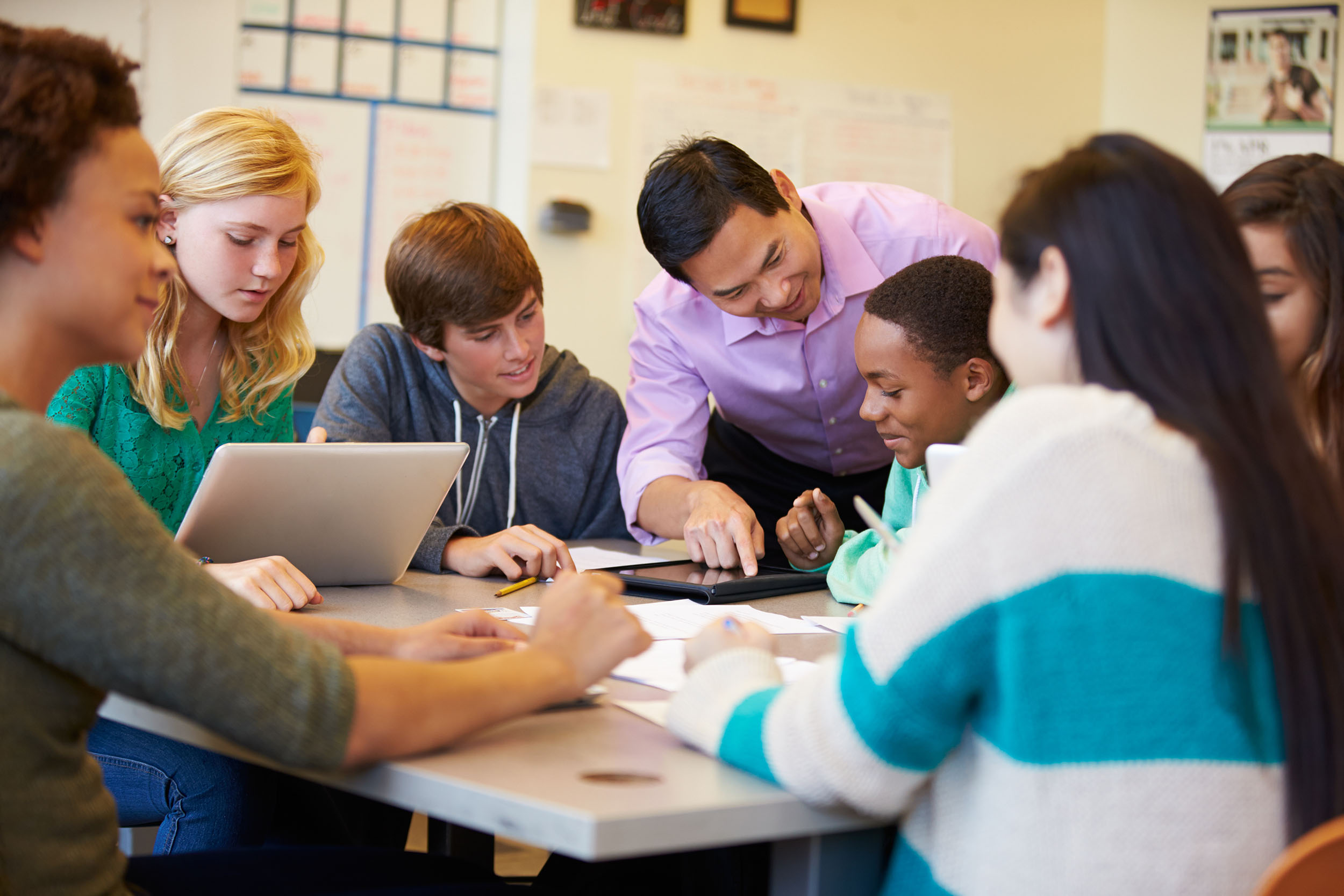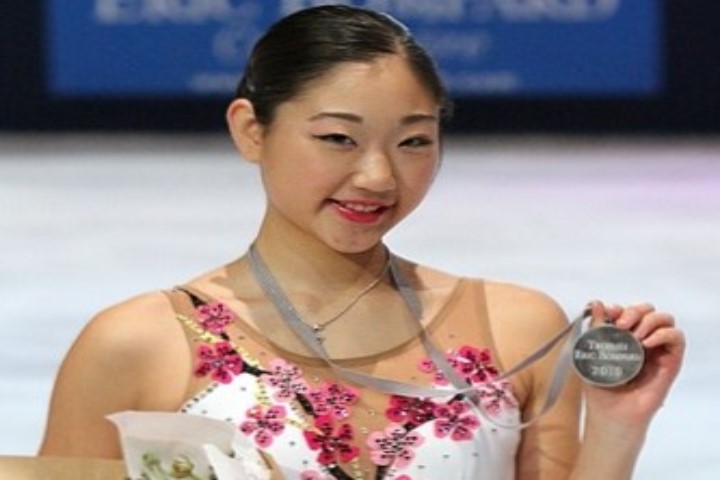Valor Collegiate Academies in Tennessee is crediting a sharp focus on social and emotional learning (SEL) for students’ astonishing academic success, which propelled its Tennessee schools to the top 1 percent of all middle schools in the state in its first year.
The success at Valor not only sheds light on the value of social-emotional learning, but also provides an opportunity to connect those lessons with broader discussions about good character and morals.
The Charter School Growth Fund, which invested $1.5 million for Valor’s first two schools launched in 2013, featured the schools in a recent “CSGF Portfolio Spotlight” on the organization’s website.
Todd Dickson, CEO of Valor Collegiate Academies, explained that the concept for the charter school was inspired by his work at a high-performing charter school in California that focused heavily on academics, and his twin brother Daren’s time helping children in social services with social and emotional skills.
“Students at Valor spend more time on their social and emotional growth than most traditional students. We first work on self-awareness and self-management to help them develop a strong sense of who they are. Then, we work on social awareness and social management to help them develop positive relationships with others. We believe that doing both things well helps develop healthy kids and communities,” Dickson said.
“We also hear from students that they feel safe here and that they have trusting relationships with peers and adults in the building. This has been beneficial in an academic setting; scholars are more willing to take academic risks. They listen to other people’s opinions and accept a diversity of perspectives.”
Valor schools use “The Valor Compass” to guide student growth and help them focus on four primary objectives: Sharp Minds, Noble Purpose, Big Hearts, and Aligned Actions.
“Mentor time, Expeditions, and academic courses all incorporate explicit and experiential experiences to help scholars develop sharp minds, big hearts, noble purpose, and aligned actions,” according to the Valor website. “Valor scholars develop character strengths such as kindness, determination, curiosity, gratitude, and integrity within a supportive community.”
Ryan Olson, director of the Institute for Advanced Studies on Culture at the University of Virginia, points out in “Character Education” that an SEL researcher argued that “the orientation of social-emotional learning toward action and skill” in SEL programs can complement the “concern for volition and intention often found in character and moral education programs.”
Adding curriculum resources on why students should do and be good—reasons outside oneself and for the benefit of others and a community—improves the stickiness of character formation, and getting students to go deeper by working on developing good sense when there is conflict between the social and emotional skills they’re learning, is an excellent next step, Olson argues.
The UK’s Jubilee Centre offers a worksheet to assist teachers to help students think about the kind of person and type of life they want to pursue.


